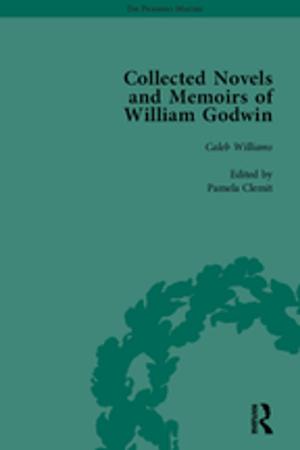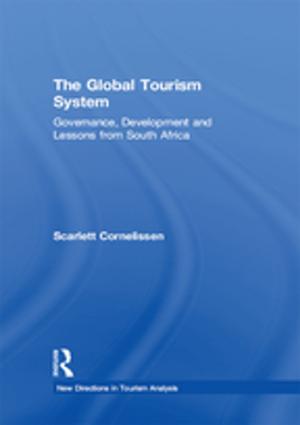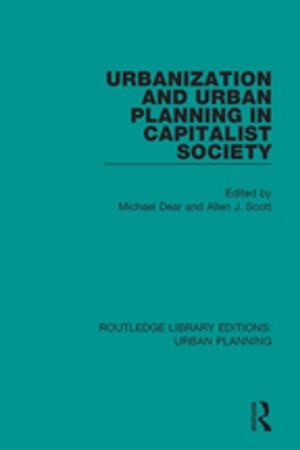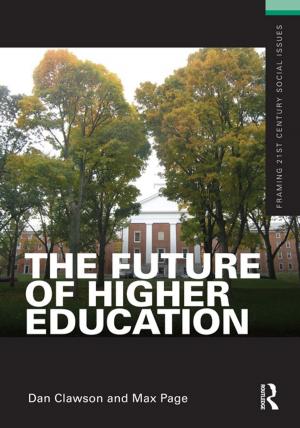How Blind is the Watchmaker?
Theism or Atheism: Should Science Decide?
Nonfiction, Religion & Spirituality, Philosophy| Author: | Neil Broom | ISBN: | 9780429842481 |
| Publisher: | Taylor and Francis | Publication: | January 15, 2019 |
| Imprint: | Routledge | Language: | English |
| Author: | Neil Broom |
| ISBN: | 9780429842481 |
| Publisher: | Taylor and Francis |
| Publication: | January 15, 2019 |
| Imprint: | Routledge |
| Language: | English |
First published in 1998, this book shows that modern materialistic science - for all its ability to analyse in truly impressive detail the workings of the living world - remains powerless to explain the phenomenon of life itself. Drawing on a variety of examples from experience of the biological world as a practising scientist, the author shows that the qualities of purpose, intentionality and mind suffuse almost every aspect of the living realm, yet these same qualities remain totally unaccounted for by science itself. The author argues that the all too common humanistic dismissal of these crucial components of reality undermines the integrity of science itself and is intellectually perverse. He argues that scientific materialism, despite its enormous influence in shaping today’s high-tech world, actually presents a gross trivialization of the concept of life. Further, while unable of itself to provide ultimate answers to the mystery of life, this science uncovers facts that point beyond these to a transcendent, theistic dimension - or, in the words of the title - to a Watchmaker who, indeed, is not blind.
First published in 1998, this book shows that modern materialistic science - for all its ability to analyse in truly impressive detail the workings of the living world - remains powerless to explain the phenomenon of life itself. Drawing on a variety of examples from experience of the biological world as a practising scientist, the author shows that the qualities of purpose, intentionality and mind suffuse almost every aspect of the living realm, yet these same qualities remain totally unaccounted for by science itself. The author argues that the all too common humanistic dismissal of these crucial components of reality undermines the integrity of science itself and is intellectually perverse. He argues that scientific materialism, despite its enormous influence in shaping today’s high-tech world, actually presents a gross trivialization of the concept of life. Further, while unable of itself to provide ultimate answers to the mystery of life, this science uncovers facts that point beyond these to a transcendent, theistic dimension - or, in the words of the title - to a Watchmaker who, indeed, is not blind.















